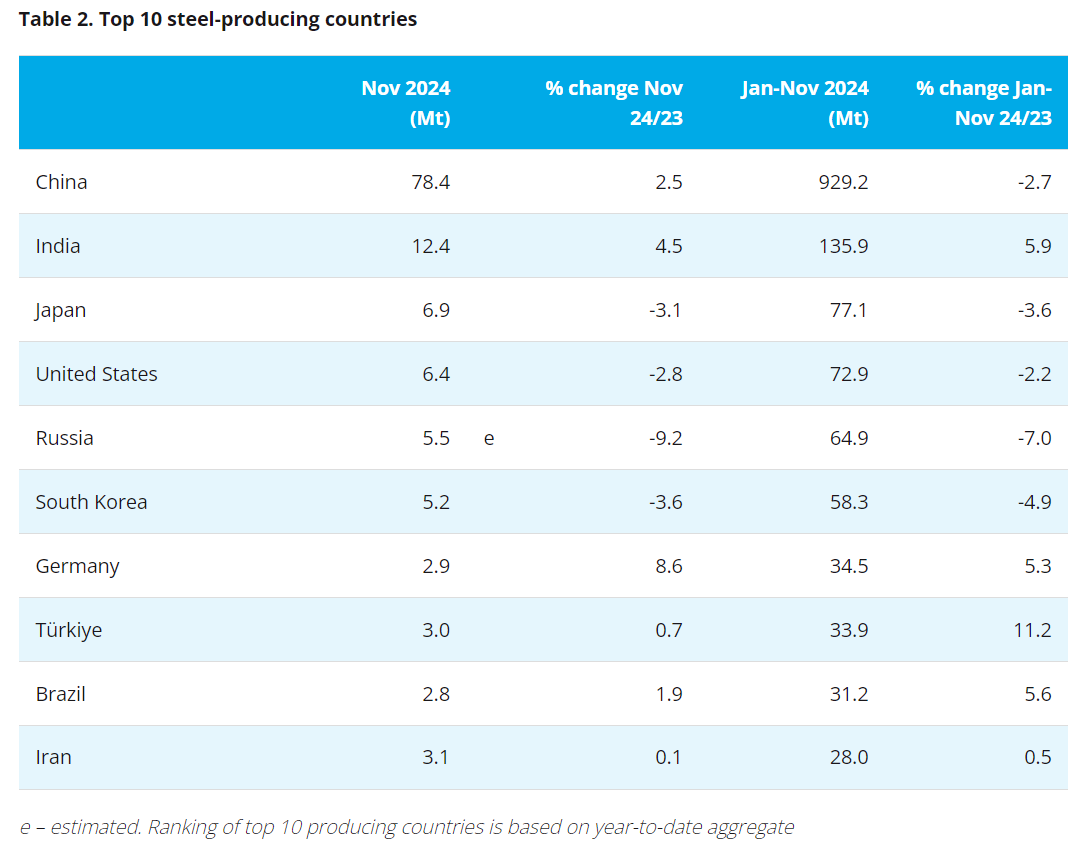The London Metal Exchange (LME) will include ores and metal products in a new electronic system for tracking material stored outside its registered warehouses and may later expand to other commodities, an executive said.
A metals warehousing fraud last year in China spurred the development of the new scheme to provide electronic receipts as proof of ownership for stored metal, which has the capacity for tens of millions of tonnes of material.
The exchange has kicked off testing of its LME Shield system, which it aims to roll out globally early next year, head of business development Matt Chamberlain told Reuters.
"We are initially looking at the metals universe, but all the commodities in the world could eventually go on this system," Chamberlain said in an interview.
"We would only do that, however, if the industry in question wanted us to do it. We've had some conversations around it; a lot of our metal owners own other commodities as well."
The new service aims to provide the same security as the LME's existing Sword system, which provides the origin and title of metal delivered against LME futures or stored in LME-certified depots.
BROADER SCOPE
But while Sword is restricted to refined metal of certain grades approved for delivery against LME contracts, the new system will broaden its scope to include other grades of metal, ores and fabricated products, Chamberlain said. The potential is huge since analysts estimate that in aluminium alone, there are about 8 million tonnes of refined metal stored in non-exchange warehouses.
Shield will also expand the LME's geographic span, not being restricted to LME-certified warehouses, which are only allowed in areas of net metal consumption. "In Chile, we don't allow delivery of copper on the LME because it's an area of net production, but there's a lot of metal that needs to be stored," Chamberlain said.
Chile is the world's biggest producer of copper, a metal regarded by some as a bellwether of the global economy due its use in industries such as construction, power and transport. Shield was developed in response to requests from the metals industry and banks which finance metal in the wake of the storage scandal in China's Qingdao port last year.
In the fraud that surfaced in June 2014, a private metals trading firm, Decheng Mining, allegedly duplicated warehouse certificates stored at Qingdao to pledge a metal cargo multiple times as collateral for bank loans.
The LME, which is owned by Hong Kong Exchanges and Clearing Ltd (HKEx) hopes to roll out Shield in China even though it has not been allowed by the government there to open LME certified depots. "There's been significant interest in the system from potential Chinese participants," Chamberlain said. "As part of the HKEx group, we're working closely with our parent to analyse the opportunity in the Chinese market and deploy it in an appropriate manner."
- [Editor:Juan]



 Save
Save Print
Print Daily News
Daily News Research
Research Magazine
Magazine Company Database
Company Database Customized Database
Customized Database Conferences
Conferences Advertisement
Advertisement Trade
Trade














 Online inquiry
Online inquiry Contact
Contact

Tell Us What You Think